For Hilal Baydarov, cinema is not a completed form but an art still in search of itself. Sermon to the Void finalizes his trilogy after Sermon to the Fish and Sermon to the Bird. Yet this final film does not close a cycle, it opens onto emptiness, absence, and myth, suggesting that true cinema begins where narrative ends.
In this conversation, Baydarov reflects on his philosophy of filmmaking, shaped by an uncompromising approach. Working with an extremely small crew, often alone with his camera, he embraces silence, long takes, and painterly tableaux as ways of listening to the world rather than imposing meaning upon it.
His films unfold like poems: austere and hypnotic. Baydarov regards poetry as cinema’s foundation, and his trilogy stands as an exploration of how image, color, and stillness can carry philosophical weight. Cinema is yet to be born. An unfinished artform, not to be mastered but to be risked; poetry not as ornament but as structure; the “painterly” dimension of the frame as essential, not decorative.

